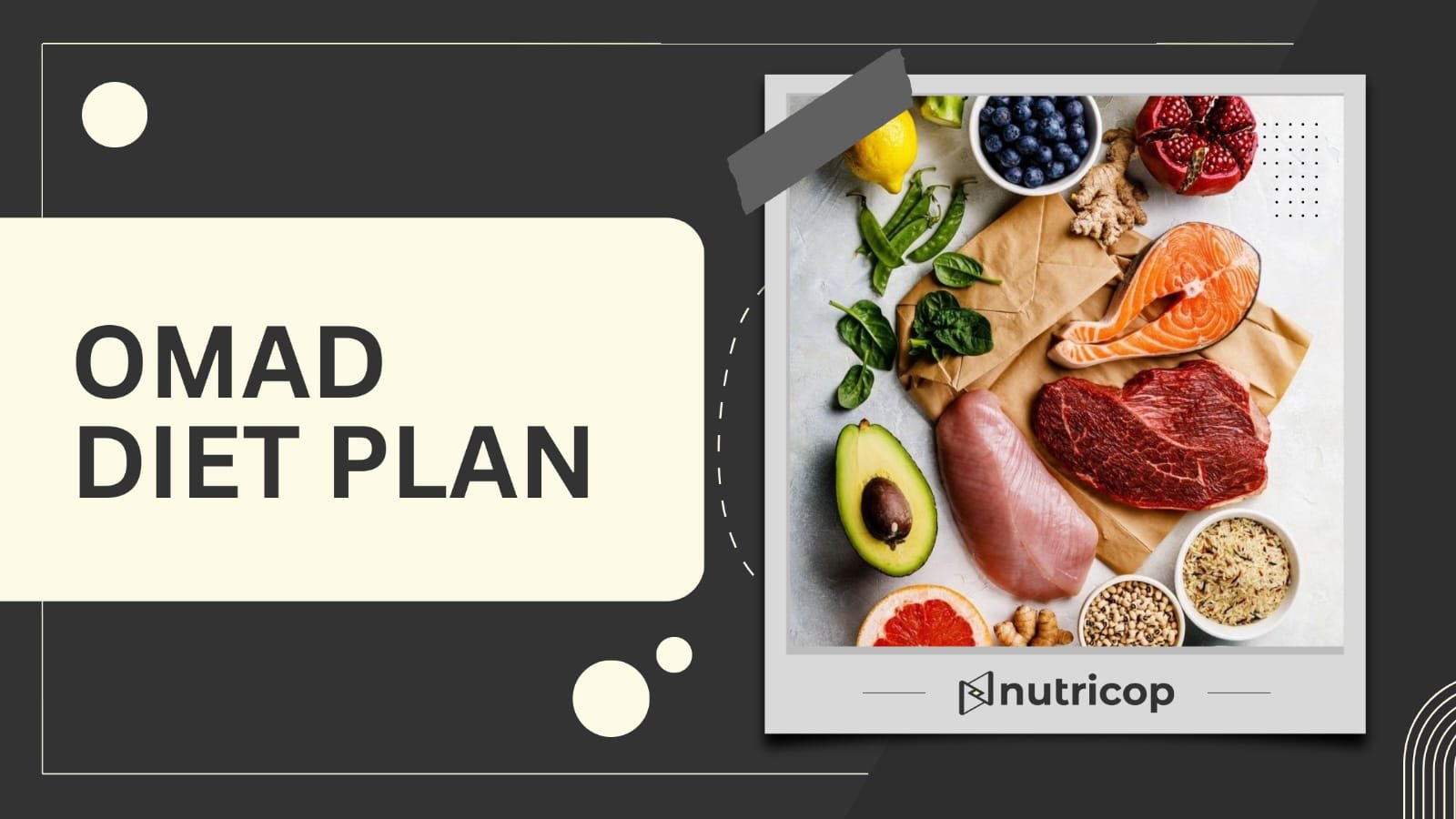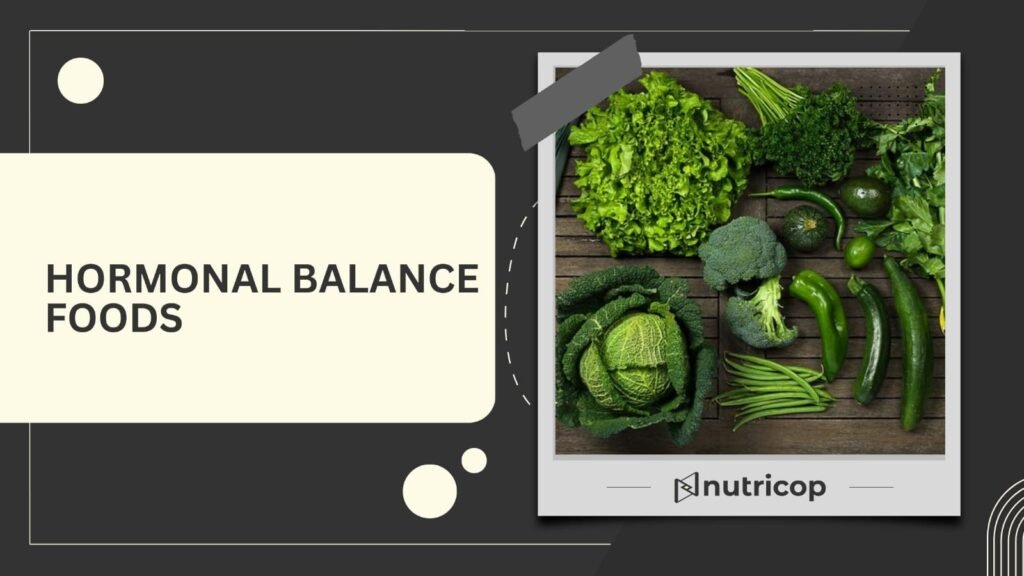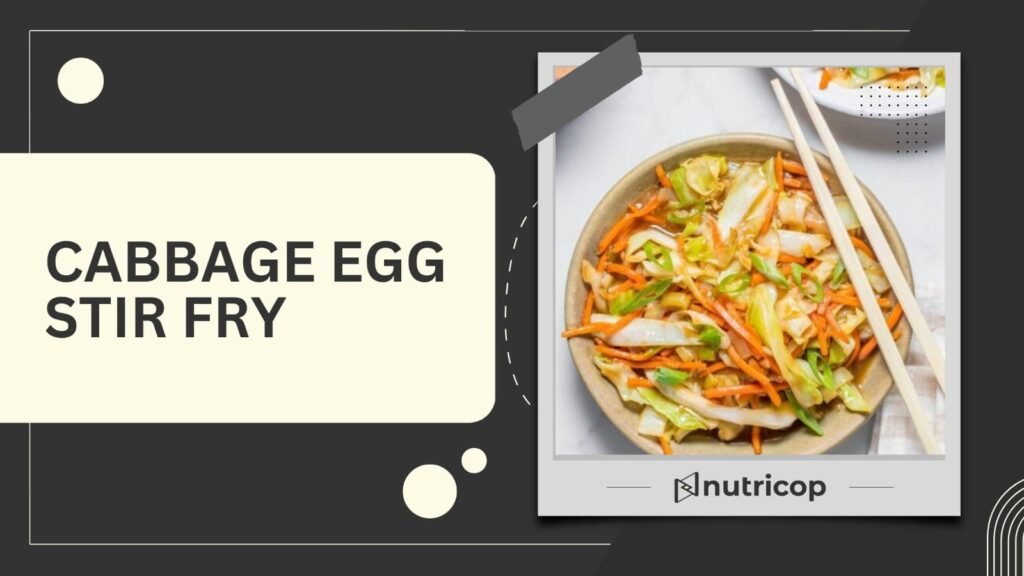The One Meal a Day (OMAD) Diet: A Deep Dive into Its Benefits, Risks, and Scientific Logic
Introduction: Is Eating One Meal a Day Healthy?
With the rise of intermittent fasting, the One Meal a Day (OMAD) diet has gained massive popularity among those looking for weight loss, improved metabolism, and better mental clarity. But is it truly beneficial? How does it impact your body? Can you sustain it long-term? Let’s explore the science, benefits, risks, and best practices of OMAD in detail.
What is the OMAD Diet?
The One Meal a Day (OMAD) diet is a form of intermittent fasting where you consume all your daily calories within one hour and fast for the remaining 23 hours. Unlike other intermittent fasting methods, which allow a wider eating window, OMAD is the most restrictive. Some studies suggest that intermittent fasting, including OMAD, may improve metabolic markers such as insulin sensitivity medicalnewstoday.com
OMAD focuses on the concept of “metabolic switching,” where your body shifts from using glucose as a primary energy source to burning fat stores. This metabolic state, known as ketosis, helps in weight loss and improved energy levels.
The Science Behind OMAD: How It Works
- Fat Burning and Ketosis: After 12-16 hours of fasting, the body depletes glycogen stores and starts burning fat for energy. This leads to enhanced weight loss and better metabolic health.
- Autophagy – The Body’s Cleansing Mode: Fasting triggers autophagy, a natural process where the body removes damaged cells and regenerates new ones. This can slow down aging and reduce the risk of chronic diseases.
- Improved Insulin Sensitivity: By reducing the frequency of insulin spikes, OMAD can lower the risk of insulin resistance and type 2 diabetes.
- Hunger Hormone Regulation: The hormone ghrelin, responsible for hunger, adapts to OMAD over time, making you feel less hungry despite eating once a day.
- Boosted Mental Clarity and Focus: The brain benefits from increased brain-derived neurotrophic factor (BDNF), which enhances cognitive function and reduces mental fog.
Health Benefits of the OMAD Diet
1. Weight Loss and Fat Reduction
- OMAD creates a caloric deficit, forcing the body to burn stored fat.
- Helps in shedding visceral fat, which is linked to heart disease and diabetes.
- Reduces water retention and bloating.
2. Improved Digestion and Gut Health
- Longer fasting periods give the digestive system a break, leading to better gut health.
- Reduces inflammation and risk of digestive disorders like IBS.
- Supports a healthy gut microbiome, essential for metabolism and immunity.
3. Better Blood Sugar Control
- Fewer insulin spikes reduce the risk of type 2 diabetes.
- Stabilized blood sugar levels lead to sustained energy without crashes.
4. Increased Longevity and Anti-Aging Effects
- Autophagy clears out damaged cells, slowing down aging.
- Reduces the risk of neurodegenerative diseases like Alzheimer’s and Parkinson’s.
5. Improved Heart Health
- Reduces bad cholesterol (LDL) and improves good cholesterol (HDL) levels.
- Lowers triglycerides, reducing the risk of heart disease.
- Reduces high blood pressure by improving blood vessel function.
6. Enhanced Mental Performance
- Increased ketones supply the brain with an alternative, stable energy source.
- Higher levels of BDNF enhance learning, memory, and focus.
Potential Risks and Side Effects of OMAD
While OMAD has benefits, it may not be suitable for everyone. Some risks include:
- Nutrient Deficiency: Eating once a day may lead to deficiencies in essential vitamins and minerals.
- Energy Drops and Fatigue: Some people experience low energy, dizziness, and irritability.
- Loss of Muscle Mass: If protein intake is inadequate, muscle loss may occur.
- Increased Hunger and Binge Eating: Some struggle with extreme hunger and may overeat unhealthy foods.
- Not Suitable for Certain Individuals: Pregnant women, diabetics on medication, or individuals with eating disorders should avoid OMAD.
Best Practices for OMAD: How to Do It Right
To reap the benefits while minimizing risks, follow these tips:
1. Choose Nutrient-Dense Foods
- Include lean proteins (chicken, fish, tofu, eggs)
- Load up on healthy fats (avocados, nuts, olive oil)
- Eat plenty of fiber-rich vegetables (broccoli, spinach, carrots)
- Opt for complex carbs (quinoa, brown rice, sweet potatoes)
- Stay hydrated with water, herbal teas, and black coffee
2. Optimize Your Eating Window
- Choose an eating time that aligns with your daily routine (lunch or dinner is ideal).
- Avoid eating too late at night to improve digestion and sleep quality.
3. Exercise Smartly
- Strength training helps preserve muscle mass.
- Light cardio and yoga enhance metabolism without excessive fatigue.
4. Listen to Your Body
- If you feel weak or unwell, consider modifying the plan.
- Transition gradually by starting with 16:8 fasting before jumping to OMAD.
Frequently Asked Questions (FAQs) about OMAD
1. Will I lose muscle on OMAD?
Not if you consume adequate protein and engage in resistance training.
2. Can I drink water, coffee, or tea while fasting?
Yes! Zero-calorie drinks are allowed and help control hunger.
3. Can OMAD slow down metabolism?
In the short term, metabolism remains stable, but prolonged extreme calorie restriction may lower metabolic rate.
4. How long should I follow OMAD?
It varies per individual. Some do it daily, while others cycle between OMAD and other intermittent fasting methods.
5. Is OMAD better than keto or intermittent fasting?
It depends on your goals. OMAD can be combined with keto or used as a standalone fasting method.
Final Thoughts: Should You Try OMAD?
The One Meal a Day diet is a powerful tool for weight loss, metabolic health, and mental clarity. However, it’s not a one-size-fits-all approach. If you decide to try OMAD, ensure that your meal is nutrient-dense, listen to your body, and adopt a sustainable approach.
If you have underlying health conditions, consult a nutrition expert before starting.
At Nutricop, we provide customized diet plans and home workout services tailored to your goals. Whether you’re trying OMAD, intermittent fasting, or a balanced diet plan, we help you achieve sustainable results.
Want to Start OMAD the Right Way?
Get a customized OMAD diet plan from Nutricop’s certified nutritionists! Visit our website to learn more and kickstart your health journey today.
Stay tuned to Nutricop for expert nutrition guidance and personalized meal plans! Start your journey to a healthier, happier you today—get your custom meal plan now at Nutricop’s Diet Plans! Contact us.








